Why I don’t like being called an Engineering Consultant
By Will Marshall - Director of Performance Based Group
Engineering consultant. It’s two words that have different meanings, and two completely different images. When we think of an engineer we think of a huge variety of people. There is a person who cleans out your drains – a drainage engineer, an IT superstar that can build software and programs to make our jobs easier – a software engineer, or someone, like me, that ensure buildings are designed to minimise the threat and consequences of fire – a fire engineer. But overall, we imagine someone who is good at problem solving, spends a lot of time reading and studying, and has a great command of numbers and science.
And a consultant…well, when we think of them, we think of someone who talks a lot.
So, the term ‘engineering consultant’ doesn’t really sit right with me. Excluding the business and staff management areas of my job, I know that only 1/3 of my job could be considered ‘actual engineering’. Even then, a lot of the engineering I do is about adjusting, tweaking and rethinking information we already have to suit each particular project, and then going about testing the solutions to ensure they’re the right one. For the most part, the engineering part of my job consists of spreadsheets, researching material performance, rearranging equations, interpreting test data and using those other kinds of skills I learnt at university.
A much larger part of my job however is communication. Whether it’s understanding the issues that a client is having to provide an accurate proposal or relaying the difficult engineering concepts so a client understands what we’re proposing. It’s taking phone calls, managing relationships, and communicating effectively so that the ‘problems’ that we solve with ‘actual engineering’ are formed with the right information, and are presented in a way that stakeholders and clients understand and appreciate.
I spend much more of my day explaining, interpreting, conversing and building relationships than doing ‘actual engineering’.
I believe that my ‘consulting’ skills are what set me apart in my field. On the engineering side of things, there are plenty of people who are just as smart, and just as experienced. However, having the ability to communicate and consult on projects is arguably the largest and most important indicator of success. Without the ability to communicate effectively and get the correct information we might provide solutions that don’t match the brief, don’t fit within the budget, don’t meet the clients needs or aren’t safe for the building users. All of these ultimately make them the wrong solution for the client, even if they are technically correct.
So, while the industry might think of us as engineering consultants, we really work as consulting engineers. And it’s important to make that distinction.
It’s important because consulting engineers require the soft skills to understand what clients and building users need. Consulting engineers are good at speaking, whether it’s about the awkward stuff (billings), the important stuff (deadlines) or the stuff that makes for an outstanding solution (information searching).
So, I think we should be consultants first, and engineers second. Not because the ‘actual engineering’ is a secondary part of the job, but because without exemplary consulting skills engineering doesn’t happen, well not the right stuff. With clear communication we can establish trust, understand issues, collect the right data and meet a client’s expectations. Without it, engineering consultants fail every time.
To find out about other ways engineering consultants can save time and better serve their clients check out which 3 tools you should invest in to improve efficiency.
Will Marshall is the director of Performance Based Group
After 11 years working for the biggest names in engineering, Will has led the fire safety strategies for the most influential buildings in the country. Now with over 20 employees and four business ventures (including BECODE), Will is on a mission to transform Australia’s built and business environments with intelligent ideas and advanced technologies.



